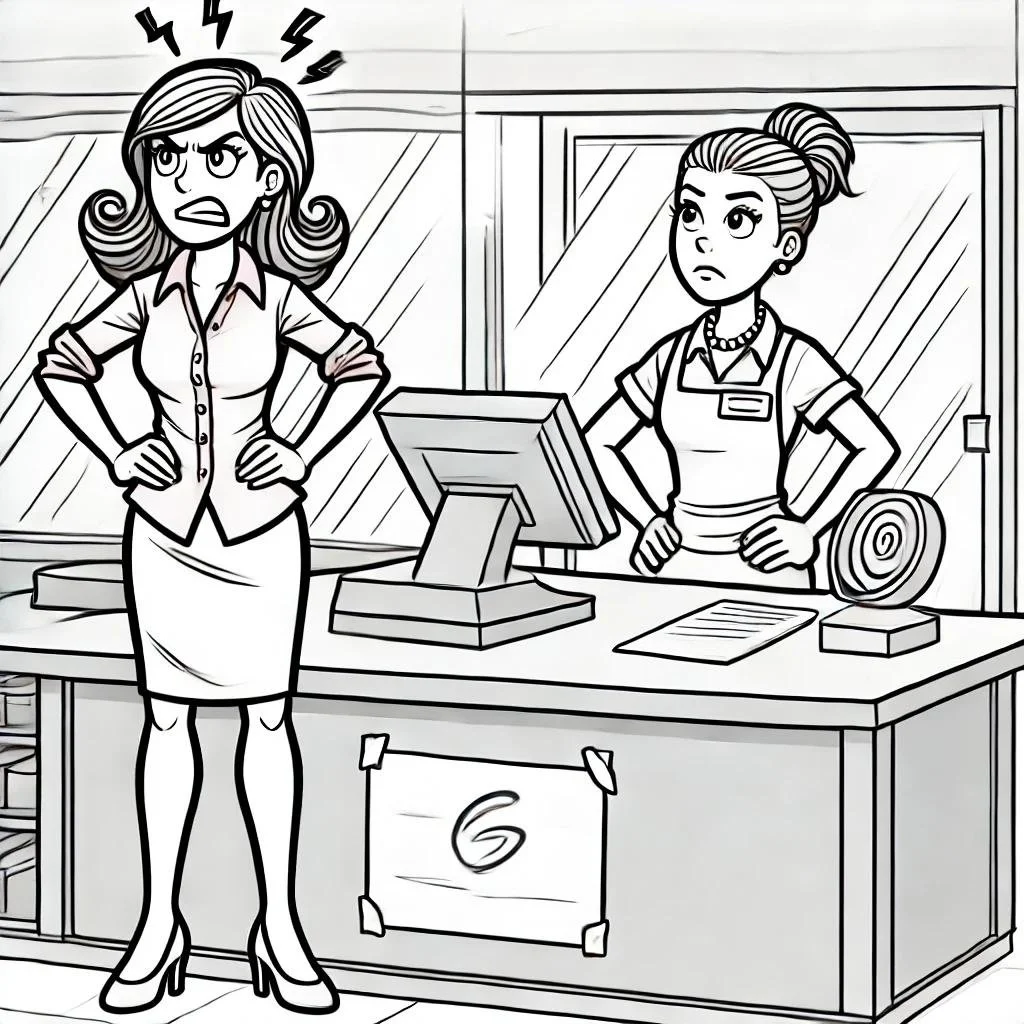Myself, as a Catalyst
By: Victoria McGuire
I want to share a moment that tested me.
A little over a month ago, I was at a store, trying to get a money order for rent. I was in the same store with the same process, I’d done this before. I knew it worked.
But this time, the cashier refused to let me do it.
I was standing there, exhausted, frustrated, racing against time, because if I didn’t get this done right then, I was getting hit with a late fee.
And she wouldn’t budge.
I was angry. I was overwhelmed. I wanted to snap.
But I didn’t.
Because in that moment, I reminded myself; that she’s not the enemy.
She wasn’t trying to ruin my day. She was doing her job in the way she was told to do it.
And that’s when I started thinking differently. Instead of reacting emotionally, I started using the Moral Catalyst Framework.
I asked myself:
—-> Who benefits from this situation?
—-> What are the long-term consequences if I react the way I feel like reacting?
—-> What can I do right now to shift this dynamic?
Instead of fighting her, I stayed calm. I voiced my concerns to store management and assured them I’d be fully prepared should the need arise again.
And yesterday, I had to go back to the same store. Same cashier. Same situation.
But this time, I had everything I needed—ID, card, no barriers.
And at first, she was still a little defensive.
But I didn’t let it throw me. I stayed calm. I breathed through it. I got what I needed.
By the time she was filling out my paperwork, after asking me where I lived, and what I did for a living; she was nice to me.
Because most of the time, people don’t know our struggles, just like we don’t always know theirs. And this is what the Moral Catalyst Framework is about.
It’s not about being right. It’s about knowing when to step back, analyze the system we’re in, and make the best decision to move forward.
Navigating false narratives is not the same as choosing reality.
The world isn’t just something that happens to us. It’s something we shape by what we engage in, challenge, or ignore.
If we don’t stop to think critically, to question who benefits, to verify the truth, then we’re just reacting to a system that wasn’t built for the intricacies we live in now.
So here’s my challenge to you:
Think of one thing that’s frustrating you right now.
Maybe it’s work. Maybe it’s something you saw in the news. Maybe it’s just an everyday inconvenience.
Before you react—pause.
Ask yourself:
—-> Who benefits from this system?
—-> What are the long-term consequences of my actions?
—-> Am I reacting emotionally, or strategically?
Then see what changes.
This framework isn’t the answer to everything. But it is a tool. A way to think critically. A way to make better choices.
And the more we refine it, the stronger it becomes.
So don’t wait for change. Be the architect of it.
If this message resonates with you, consider supporting my work:
Let’s chat more about this topic in the comments!
Share and let’s Network!
Buy my designs
Your support drives ethical innovation and systems-based solutions where they’re needed most. Together, we can reshape industries and create better workplaces.
As awareness grows, the vision is to build a team dedicated to optimizing and streamlining home healthcare for our population—ensuring efficiency, dignity, and quality care. Making this vision a reality depends on your continued support.




